List Of 10 Dog Breeds Prone To Weight Gain
1. Labrador Retriever
Labrador Retrievers are known for their friendly and outgoing nature. These lovable dogs, originally bred as hunting and working dogs, have an insatiable appetite. Their love for food, coupled with a slower metabolism, makes them particularly prone to weight gain. Labradors have a strong tendency to overeat if not closely monitored. They often beg for treats and can be quite persuasive with their puppy-dog eyes.
To maintain a healthy weight for a Labrador Retriever, owners should establish strict portion control and provide regular exercise. Without proper management, Labradors can quickly become overweight, which can lead to various health issues, including joint problems and diabetes.
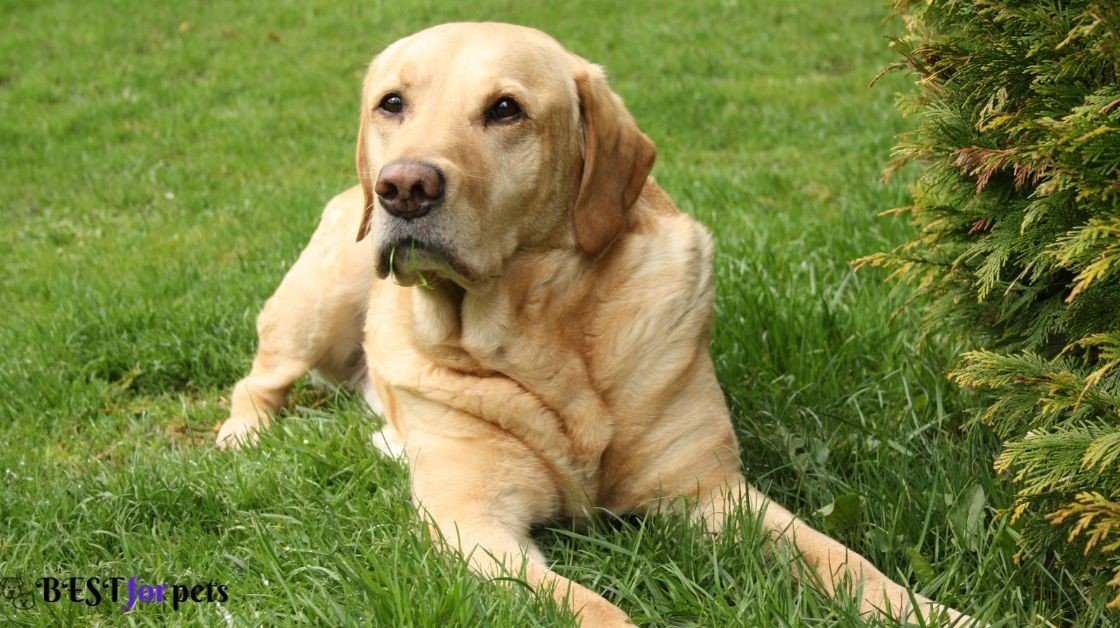
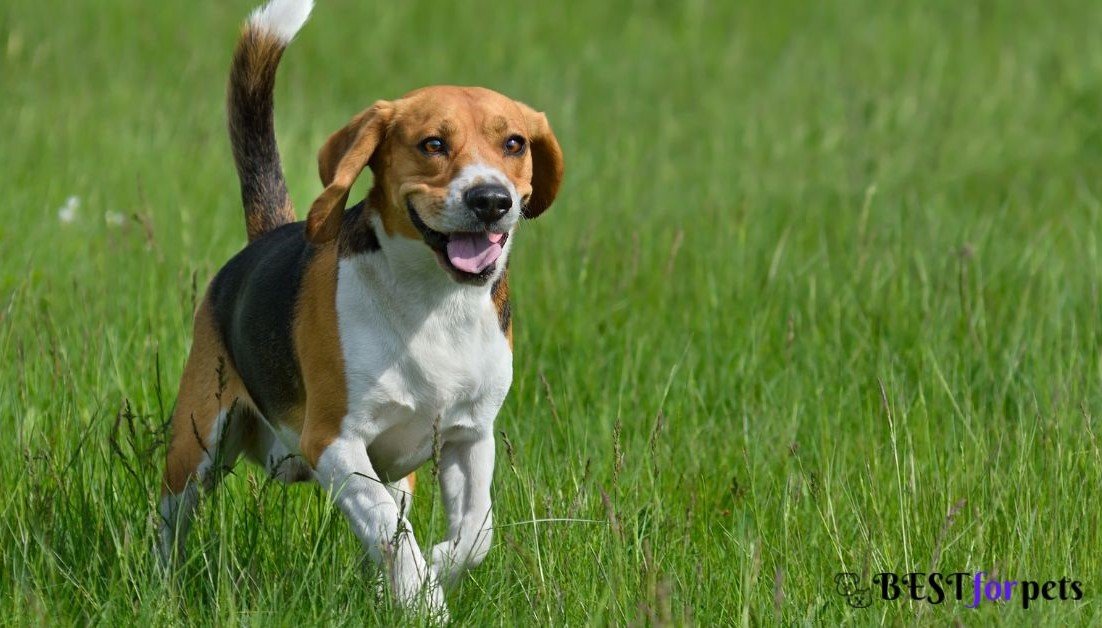
2. Beagle
Beagles are famous for their keen sense of smell, which often leads them to food. Their incredible noses make them excellent trackers but also contribute to their propensity for weight gain. Beagles have a strong food drive and a tendency to eat whatever they can find. Their small size can make even a slight weight gain significant in terms of their overall health.
Beagle owners must exercise caution when it comes to feeding and avoid overindulging their pups. Regular physical activity and mental stimulation can help keep a Beagle at a healthy weight and prevent obesity-related health problems.
3. Dachshund
The Dachshund, with its distinctive elongated body and short legs, is a charming and affectionate breed. However, this breed’s unique physique can make them prone to weight gain. Dachshunds have a strong appetite and a love for treats, often leading to overeating if not carefully monitored.
Their long spines are particularly sensitive to excess weight, making obesity a significant concern for this breed. Maintaining a healthy weight is crucial for their overall well-being, as excess pounds can strain their backs and increase the risk of intervertebral disc disease. Regular exercise and a balanced diet are essential for Dachshunds to prevent weight gain and keep them in good shape.
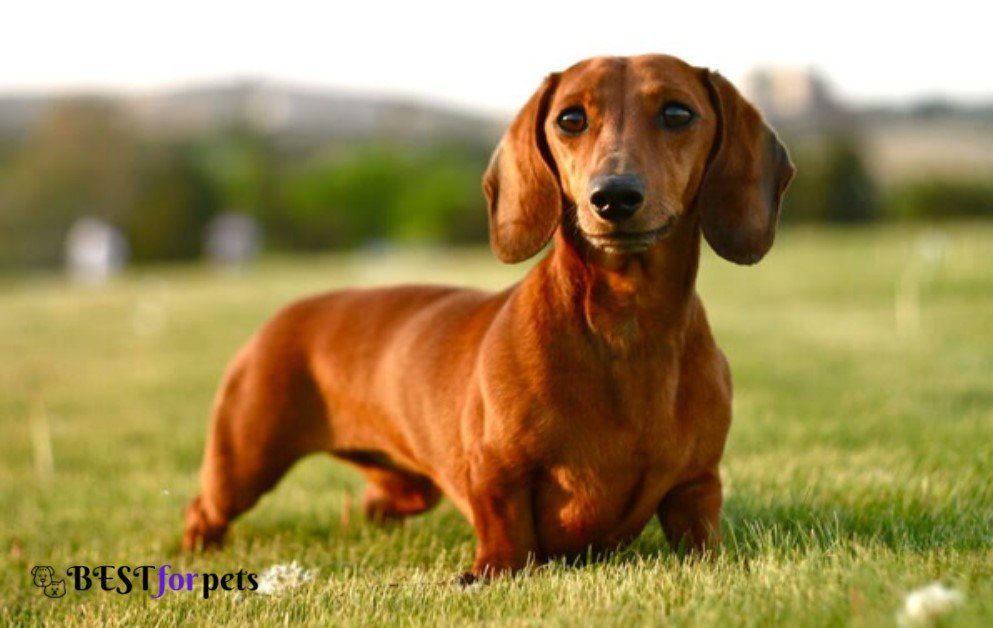
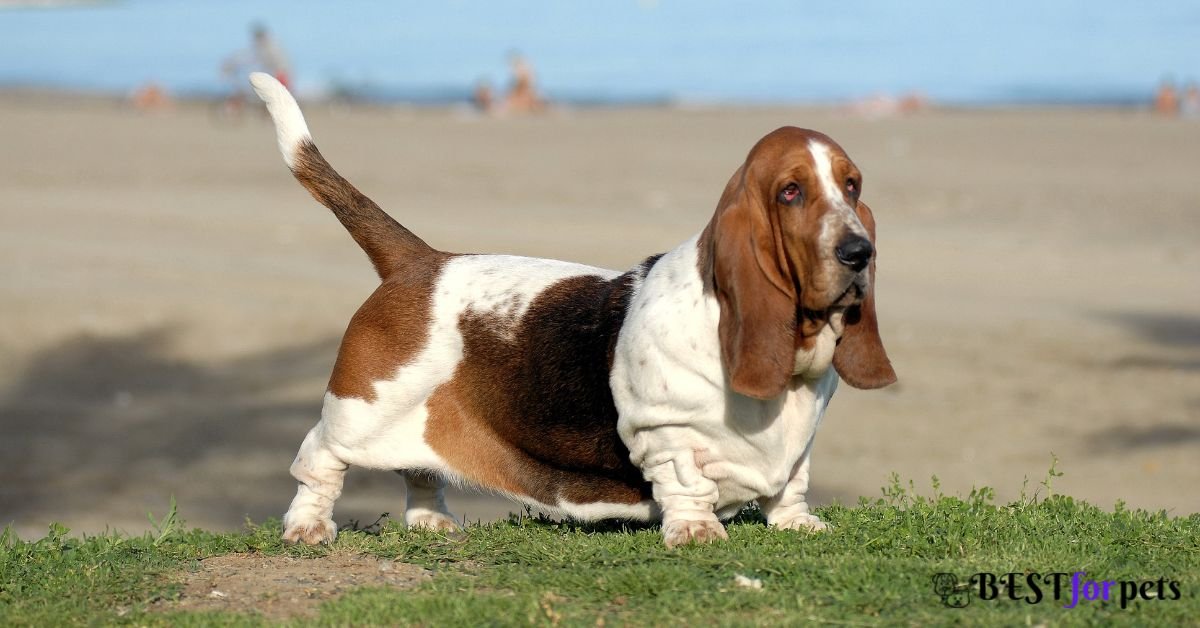
4. Basset Hound
Basset Hounds are known for their droopy ears and soulful expressions. While they are gentle and friendly dogs, they are also susceptible to obesity. These dogs have a tendency to become overweight due to their love of food and a relatively slow metabolism.
Their long ears and short legs may give them an endearing appearance, but they require consistent portion control and regular exercise to stay healthy and avoid weight-related health issues.
5. Pug
Pugs are delightful little dogs with a charming and affectionate personality. However, their compact size and prominent wrinkles can make them susceptible to weight gain. Pugs are known for their love of food and can easily become overweight if their diet is not carefully managed.
Their round bodies may look cute, but obesity in Pugs can lead to serious health problems, including respiratory issues and joint pain. To keep a Pug at a healthy weight, owners should provide balanced meals and encourage regular physical activity.
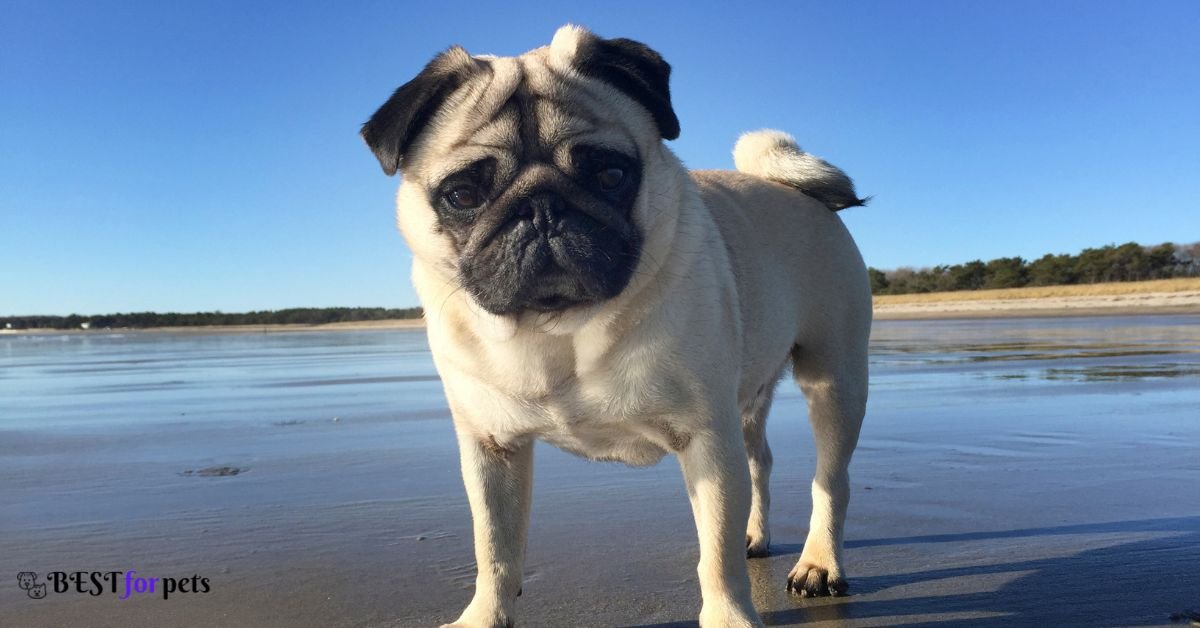

6. Shih Tzu
Shih Tzus are small, fluffy, and known for their regal appearance. Despite their small size, they are prone to weight gain if their diet and exercise routines are not properly maintained. Shih Tzus have a tendency to become overweight due to their love of treats and a sedentary lifestyle.
Their long, flowing coat may hide excess weight, making it essential for owners to monitor their pet’s body condition carefully. Ensuring that Shih Tzus receive appropriate portion sizes and engaging them in daily exercise is essential for preventing weight gain and promoting their overall health and well-being.
7. Cocker Spaniel
Cocker Spaniels are beloved for their charming personalities and expressive eyes. These medium-sized dogs are prone to weight gain due to their hearty appetites and a sometimes laid-back attitude towards exercise. Their love of food, combined with their natural tendency to beg for treats, can easily lead to overfeeding. Cocker Spaniels have a sturdy build, but excess weight can strain their joints and lead to health issues such as hip dysplasia.
To keep them at a healthy weight, it’s crucial for owners to provide portion-controlled meals and engage in regular exercise activities like daily walks and playtime. By maintaining a balanced diet and an active lifestyle, Cocker Spaniels can lead long, healthy lives free from the burden of obesity-related health problems.
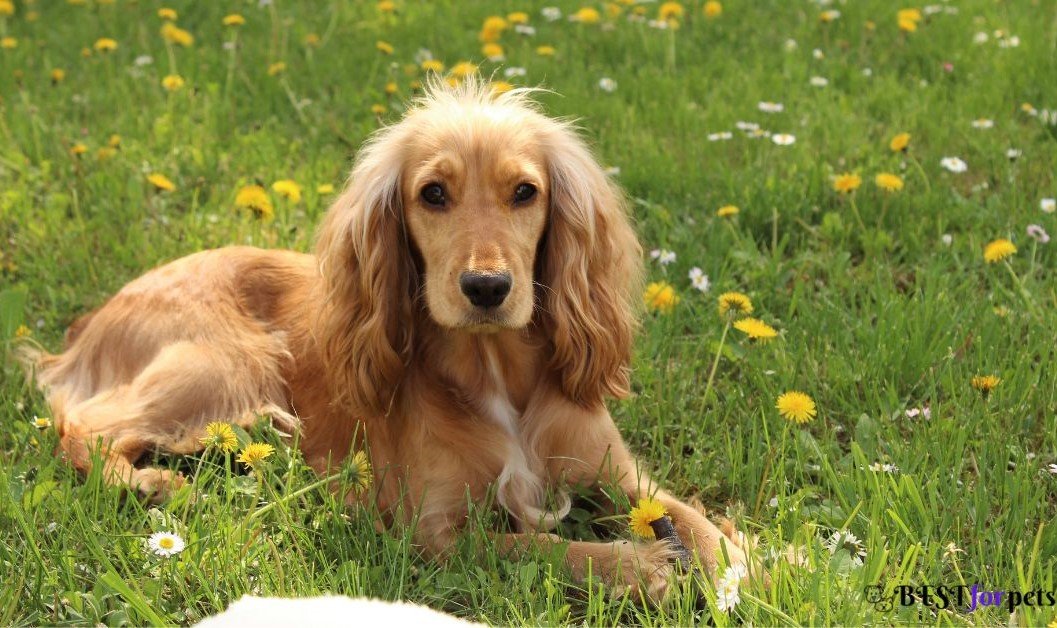

8. Rottweiler
Rottweilers, known for their strength and loyalty, are a robust and imposing breed. However, their large size can make them more susceptible to weight gain. Rottweilers have a calm demeanor and are not always as active as some other breeds. This, combined with their hearty appetite, can lead to obesity if their diet and exercise routines are not carefully managed.
Extra weight can strain their joints and exacerbate the risk of orthopedic issues. Rottweiler owners should ensure that they receive appropriate portions of high-quality food and engage them in regular exercise, such as long walks or active play sessions, to maintain their ideal weight and overall health.
9. Golden Retriever
Retrievers are known for their friendly and sociable nature, making them one of the most popular dog breeds in the United States. However, their friendly disposition can sometimes lead to weight gain. These dogs have a strong appetite and a love for treats, which can result in overeating. Golden Retrievers are also genetically predisposed to obesity due to their slower metabolism.
Obesity in this breed can lead to various health problems, including joint issues and heart disease. To prevent weight gain, owners should feed them a balanced diet, control portion sizes, and provide ample opportunities for exercise. Regular outdoor activities like fetch and swimming can help Golden Retrievers maintain a healthy weight and live a happy, active life.
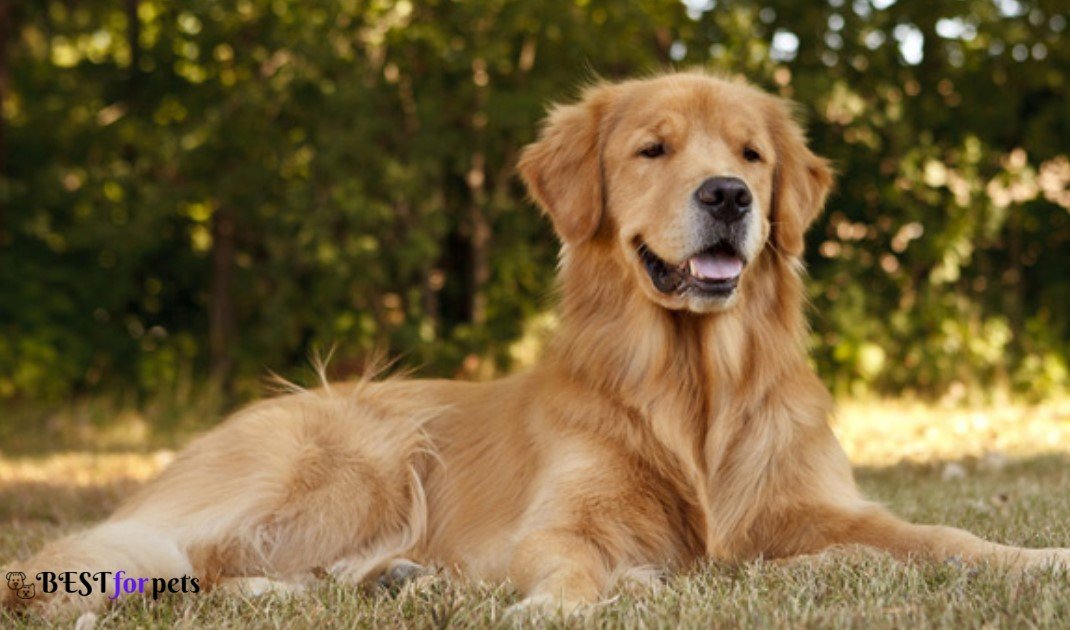
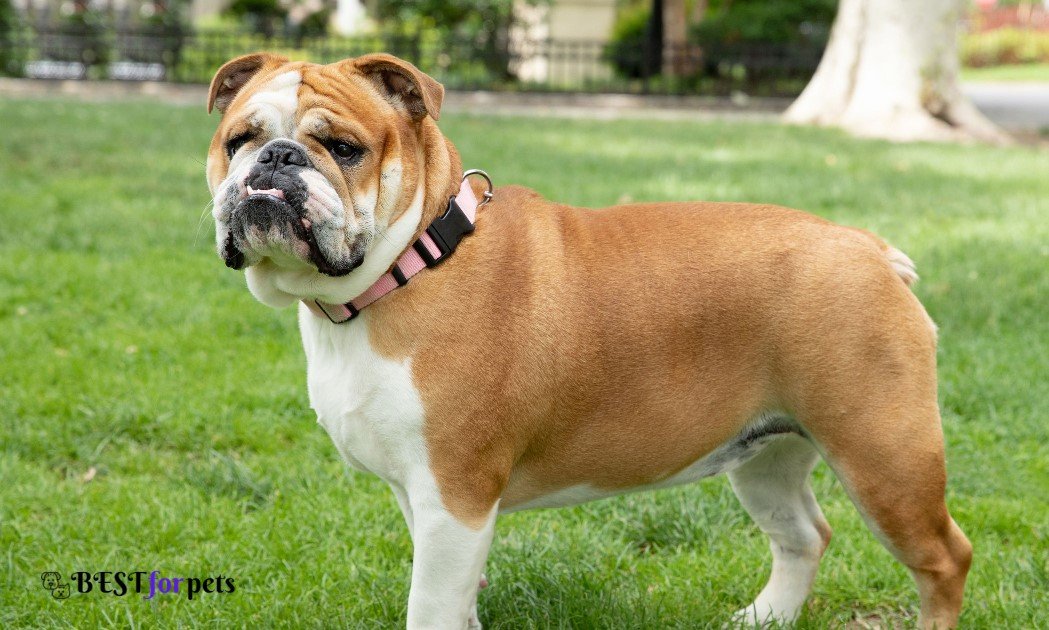
10. Bulldog
The Bulldog, with its distinctive wrinkled face and stocky build, is a breed known for its gentle and easygoing demeanor. Despite their sturdy appearance, Bulldogs are highly prone to weight gain. Their love for lounging around combined with a penchant for snacking can lead to obesity if not closely monitored.
Their short legs and compact body structure make it essential to maintain a healthy weight, as excess pounds can strain their joints and exacerbate respiratory issues common in the breed. To keep Bulldogs fit and healthy, owners should provide them with a balanced diet and encourage short, regular walks. Monitoring their weight is crucial for their overall well-being.

